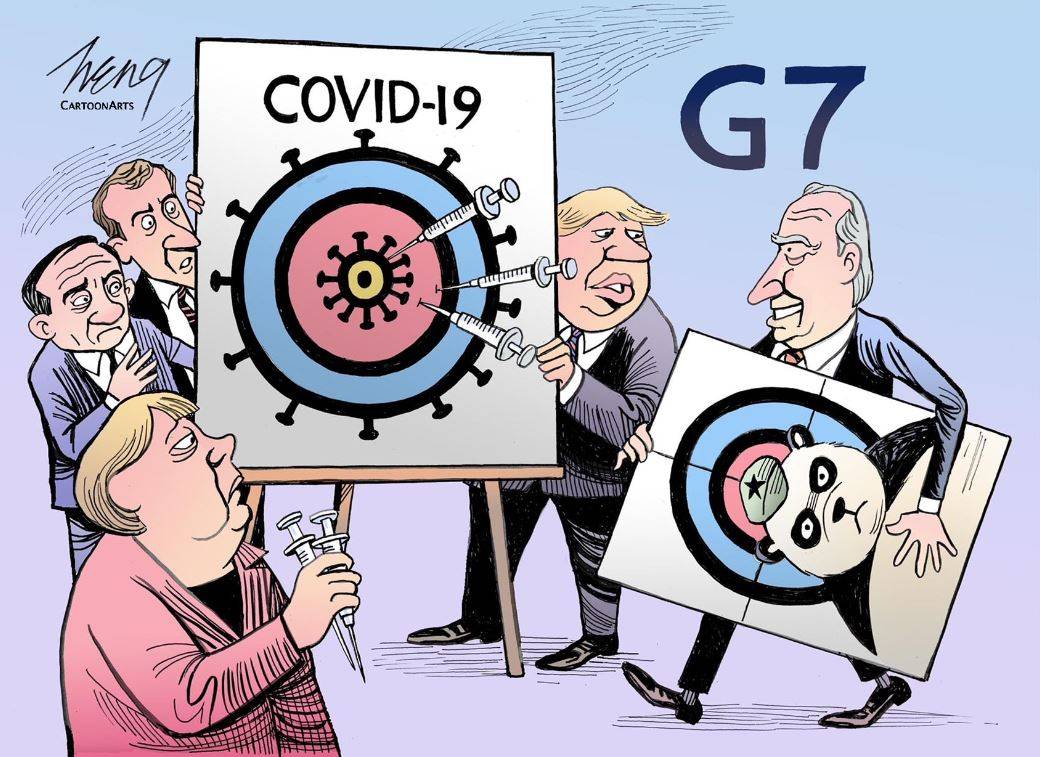The big story from last weekend’s Group of Seven summit of advanced economies in Cornwall, England, was “the United States is back.” U.S. President Joe Biden was greeted like the prodigal son. His commitment to multilateralism, consultation and cooperation with partners allowed the summit, frequently dismissed as little more than a boost for regional tourism, to reclaim the spotlight in international politics.
Still, it’s too early to break out the prosecco. The G7 can be a positive force in global politics, but it will take much more than a “make or break” summit. The group will never again be the apex gathering of economic decision-makers that it once was. It can, however, provide much-needed leadership — if it follows its pledges with action.
The Cornwall summit was a success, at least by recent standards. There was lots of backslapping and bonhomie. Differences were noted, respected and largely contained. There were no breaches of protocol, no embarrassing moments and no obvious or public breaks among participants. It produced a sprawling, 14,000-word, 25-page communique. In the end, there was something for everybody, although most attention will focus on the references to China, the pledge to provide 1 billion COVID-19 vaccines, the commitment to a green revolution and (in Japan at least) support for the Tokyo Olympic and Paralympic Games.



